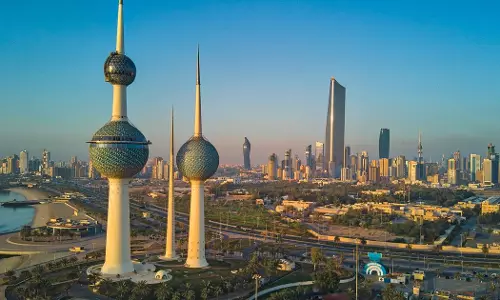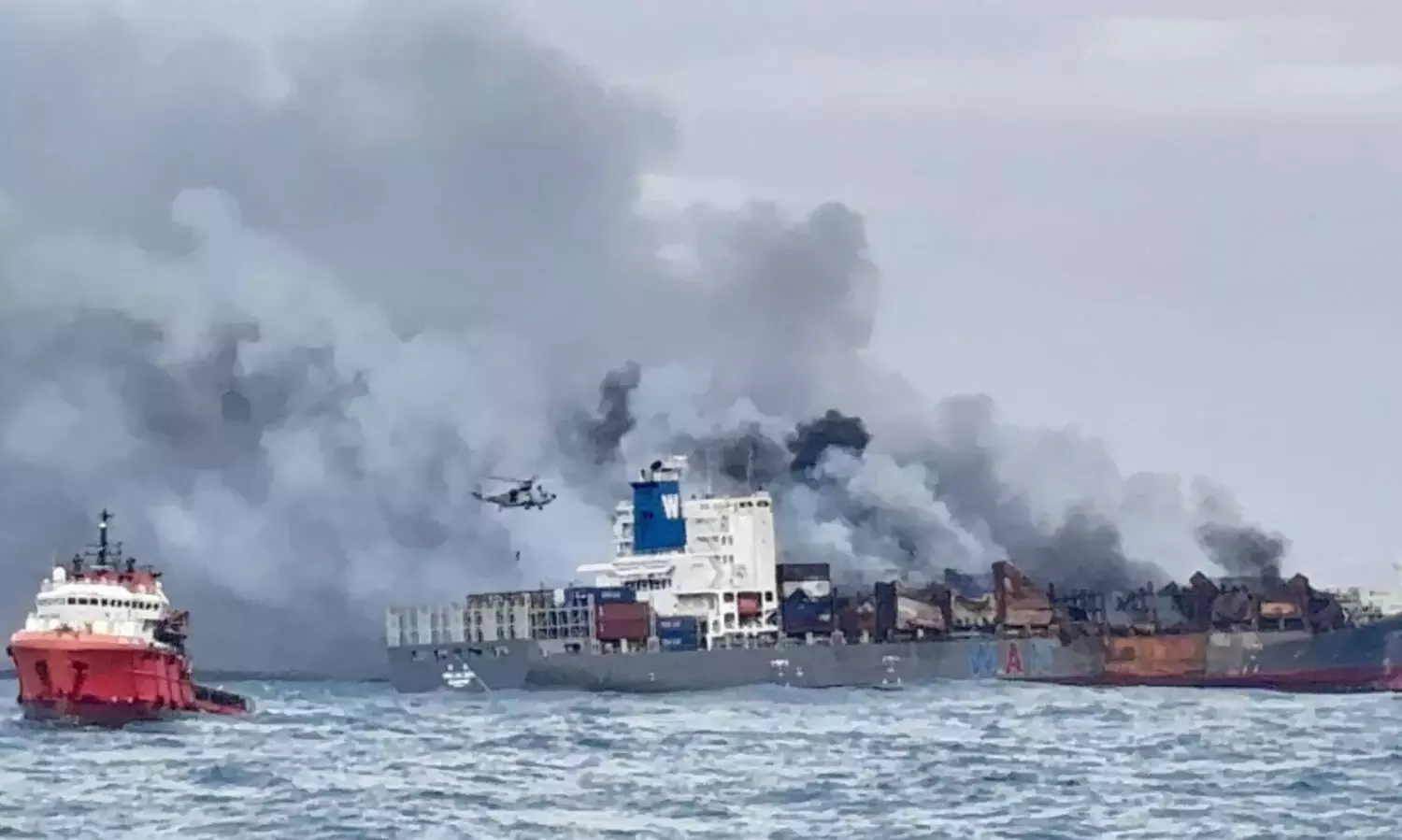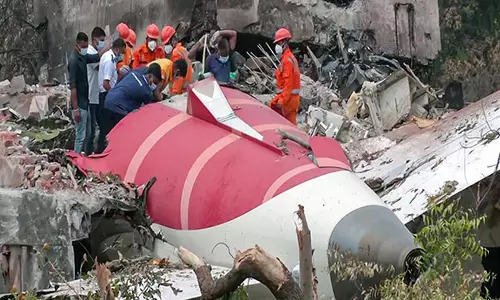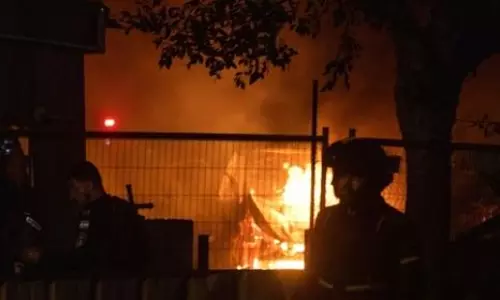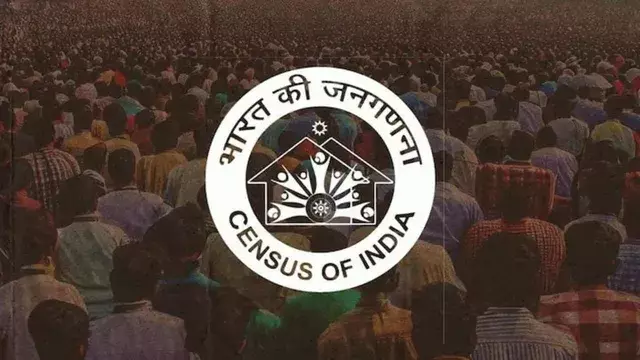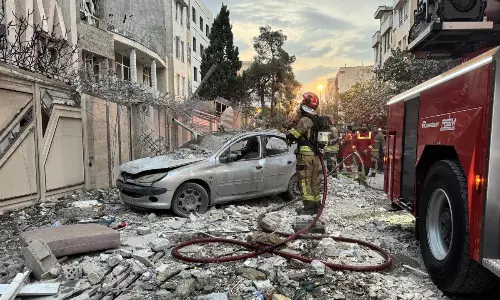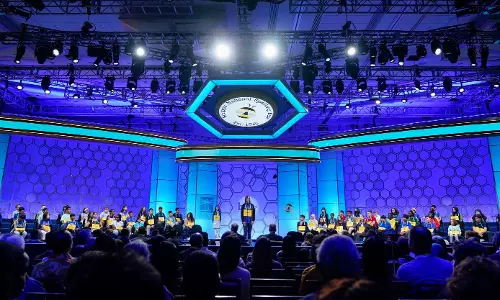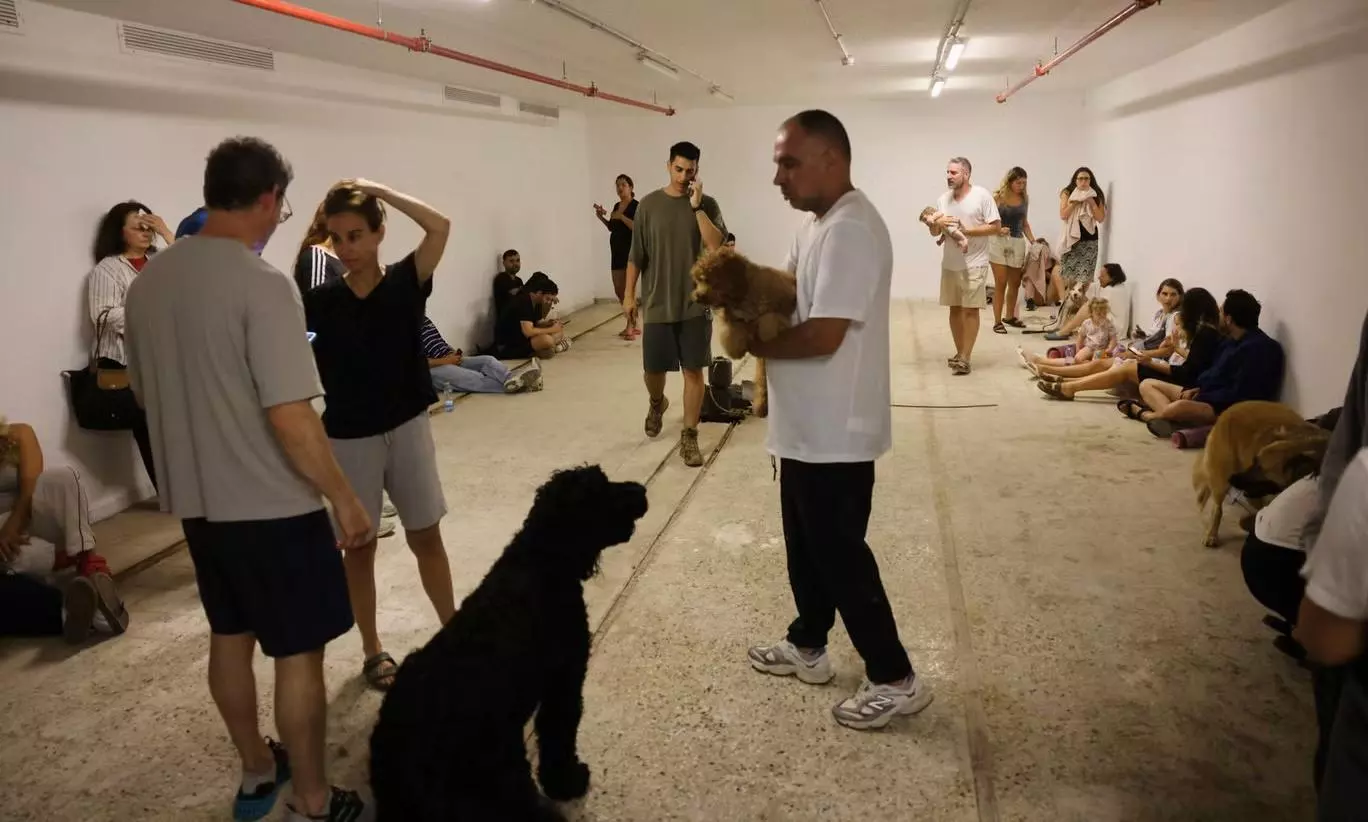
Shelter doors shut on Palestinian Arabs as Iranian bombs rain down on Israel
text_fieldsYou may be a citizen of Israel; however, if you are of Palestinian origin, you may still be denied entry to public shelters by your very neighbours, as the recent Iranian missile attacks on Israeli territory reflect the systematic discrimination that Palestinians with Israeli citizenship have long faced, both from the regime and from their Jewish neighbours.
As sirens blared across the country and families rushed into bomb shelters, many Palestinian residents encountered locked doors and hostile responses, not from enemies, but from fellow Israeli citizens.
Numbering around two million, Palestinian citizens make up roughly 21 per cent of Israel’s population and live primarily in cities, towns, and villages within the country's internationally recognised borders. Despite holding citizenship, their access to essential wartime safety measures, such as bomb shelters, has remained limited due to longstanding structural inequalities and social exclusion, according to Al Jazeera.
Several incidents reported during the Iranian barrage highlighted this exclusion, particularly in mixed and predominantly Jewish areas. In one case, a mother and her young daughter were denied entry into a building shelter after a neighbour heard them speaking Arabic. In another, a shopkeeper in Haifa found the door to a public shelter locked, even as nearby buildings shook from nearby missile impacts.
These episodes occurred against the backdrop of decades of systemic discrimination. Palestinian communities often lack the infrastructure found in Jewish areas, with a 2022 report by Israel’s State Comptroller revealing that more than 70 per cent of homes in Palestinian towns do not have access to proper shelters, compared to just 25 per cent in Jewish localities. Unequal municipal funding and insufficient building reinforcements have left many residents vulnerable, according to the report.
In cities like Lydd, where both Jewish and Palestinian communities coexist, disparities have become more visible. Older neighbourhoods inhabited by Palestinians lack official permits and reinforced rooms, while newer, wealthier districts, predominantly Jewish, have better access to secure shelters. Residents from neglected areas who sought refuge in more protected zones were turned away, sometimes regardless of ethnicity, but with poorer Palestinians often faring worse.
The fear and trauma induced by such exclusion have left lasting effects. Families have been forced to relocate temporarily, while others are contemplating leaving the country altogether. Some have chosen to return to their native villages, where reinforced rooms offer marginally better protection, though access to alerts and emergency services remains inconsistent.
Legal experts and human rights groups have long pointed out that Palestinian citizens of Israel face over 65 laws that either directly or indirectly discriminate against them. The 2018 nation-state law, which declared Israel the state of the Jewish people, has further entrenched institutional disparities.




